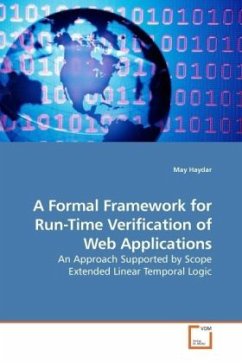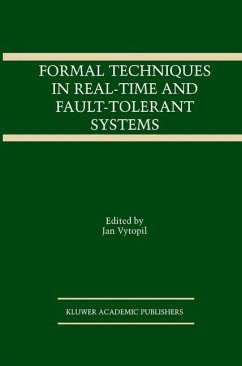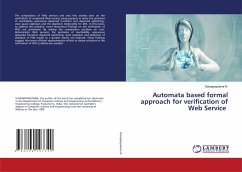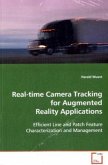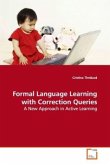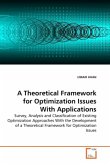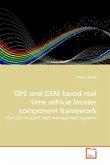With the pervasive and accelerating growth of web applications, correctness is a primary concern. Meanwhile, software communities are increasingly adopting formal methods, mainly to achieve reliability and better automation, to analyze various types of applications. In this work, a communicating automata modeling technique is proposed using the dynamic analysis approach to infer models from user-based execution traces of Web applications. These models are used to verify properties of Web applications by means of model checking technique. Also, the problem of property specification in LTL over a subset of states of a system under test is addressed. Operators that facilitate specifying properties over propositional scopes are introduced, where each scope constitutes a subset of states that satisfy a propositional logic formula. Finally, to facilitate the use of formal methods in conventional web engineering techniques, a library of web specification pattern is proposed. It includes119 patterns specified in LTL. These are based on the analysis of Web quality rules, written in English prose.
Bitte wählen Sie Ihr Anliegen aus.
Rechnungen
Retourenschein anfordern
Bestellstatus
Storno

